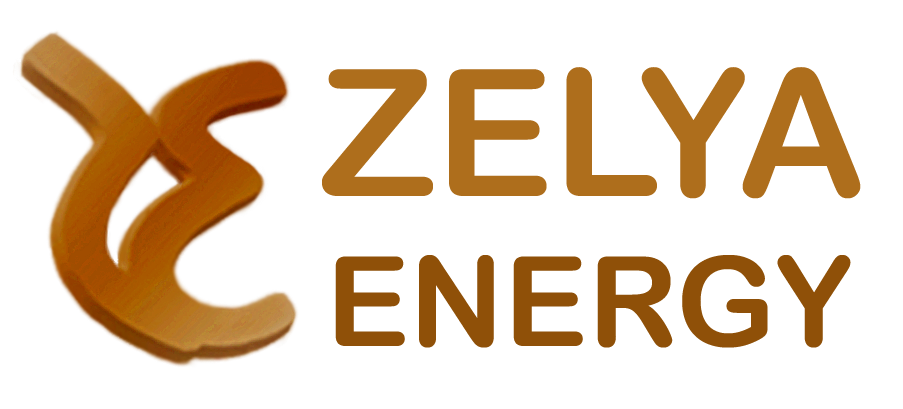The law introducing the new organization of the electricity market (NOME) was promulgated on December 8, 2010. It implemented the regulated access of alternative suppliers to electricity produced by EDF's nuclear power plants (ARENH). This ARENH system is based on three pillars: a guaranteed maximum volume of nuclear-origin electricity for suppliers; the adaptation of regulated electricity selling prices: an ARENH price reflecting the economic conditions of production of electricity from nuclear power plants.
Challenges and objectives of the ARENH price
The third pillar is crucial simply because the price of ARENH must be neither too high compared to the cost of production of nuclear electricity (this would penalize the suppliers), nor too low (this would penalize the producer, namely EDF). It is essentially a question of a "fair" transfer of margin (or "nuclear rent") between producer and suppliers.
Therefore, in order to ensure a fair remuneration to EDF and to guarantee alternative suppliers economic conditions equivalent to those resulting for EDF from the use of its historical nuclear power plants, the law stipulates that the price of ARENH must be representative of the economic conditions of production of electricity by the historical nuclear power plants over the duration of the device.
In other words, the price of ARENH must reflect the full costs of the historical nuclear fleet.
How to calculate the full cost of nuclear electricity production?
The NOME law stipulates that these full costs are composed of:
- "A remuneration of capital taking into account the nature of the activity;
- Operating costs;
- Investment costs for maintenance or necessary for the extension of the operating authorization duration;
- Forecast costs related to long-term charges on the operators of basic nuclear installations."
The ministers, in charge of setting the level of the ARENH price, have set it at:
- €40/MWh from July 1, 2011 to ensure the continuity of electricity costs for industrialists;
- €42/MWh from January 1, 2012.
This slight increase aims, from a prudent perspective, to allow EDF to make the necessary security investments, the level and schedule of which are particularly uncertain following the accident at the Fukushima nuclear power plant in Japan.
Outlook
Some parameters such as the cost of decommissioning remain difficult to evaluate and illustrate the problem of the objectivity and verification of the full costs of the French nuclear fleet. Thus, some alternative producers argue that the price of ARENH is between €5 and €7/MWh higher than reality. On the contrary, EDF advocates that this price level is the minimum allowing it to cover all charges.
Finally, let's note that many other devices could have been imagined:
- The state could have entrusted the operation of certain nuclear power plants to other operators, also electricity suppliers;
- The definitive abolition of regulated electricity selling prices;
- The fiscal levy of the nuclear rent to reduce taxes on the bill of final customers supplied by suppliers who do not have access to the nuclear resource.
